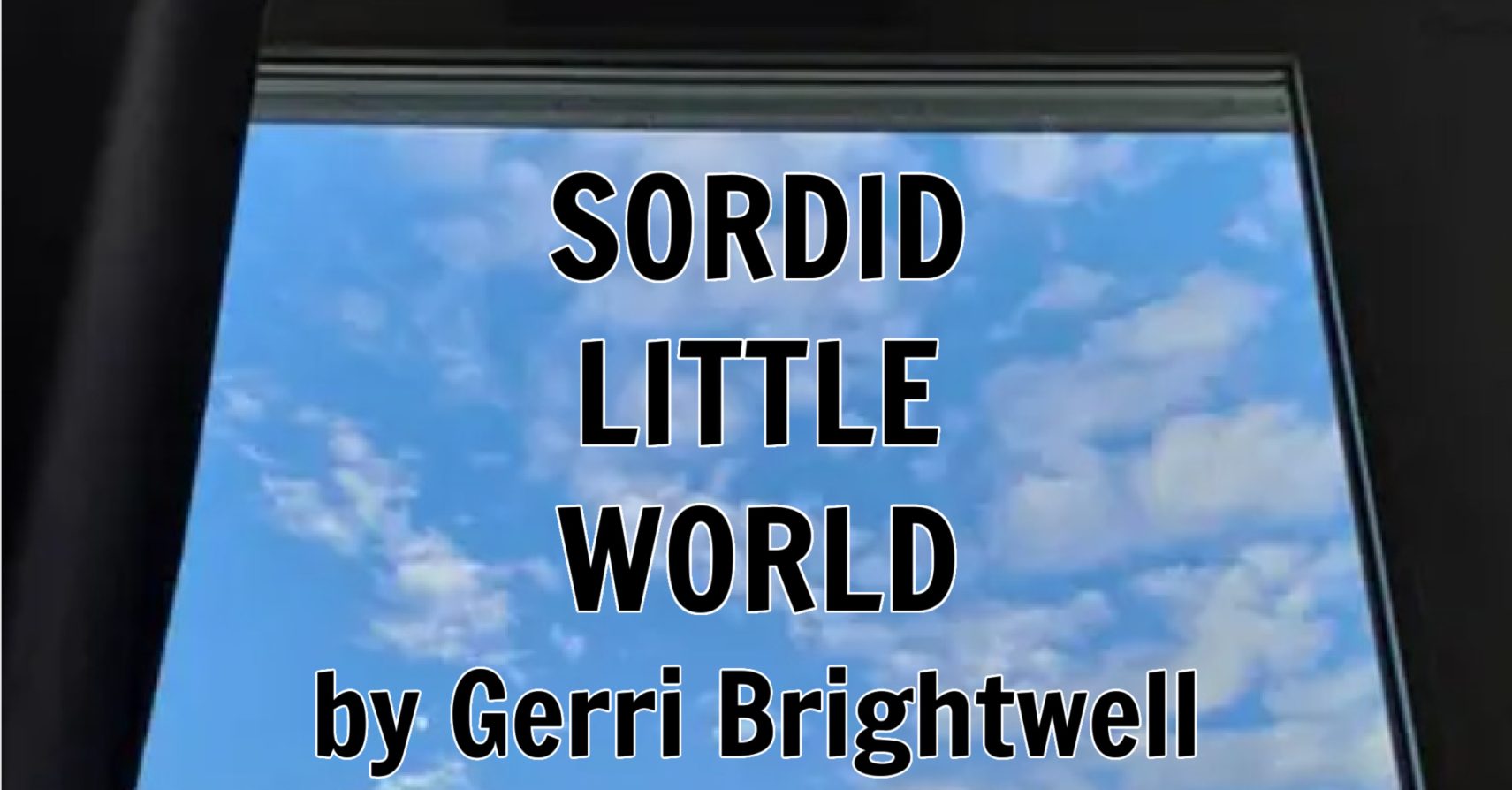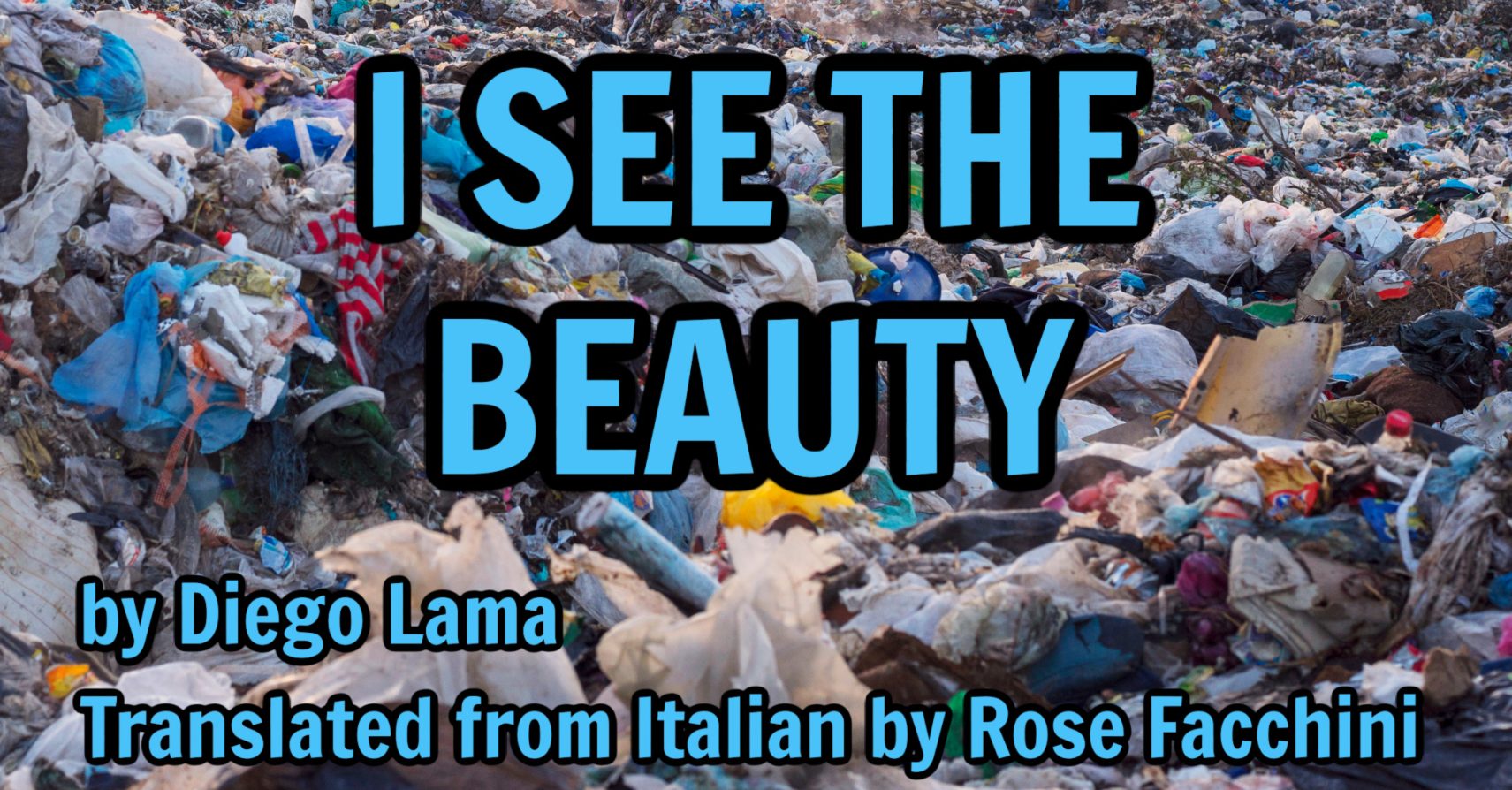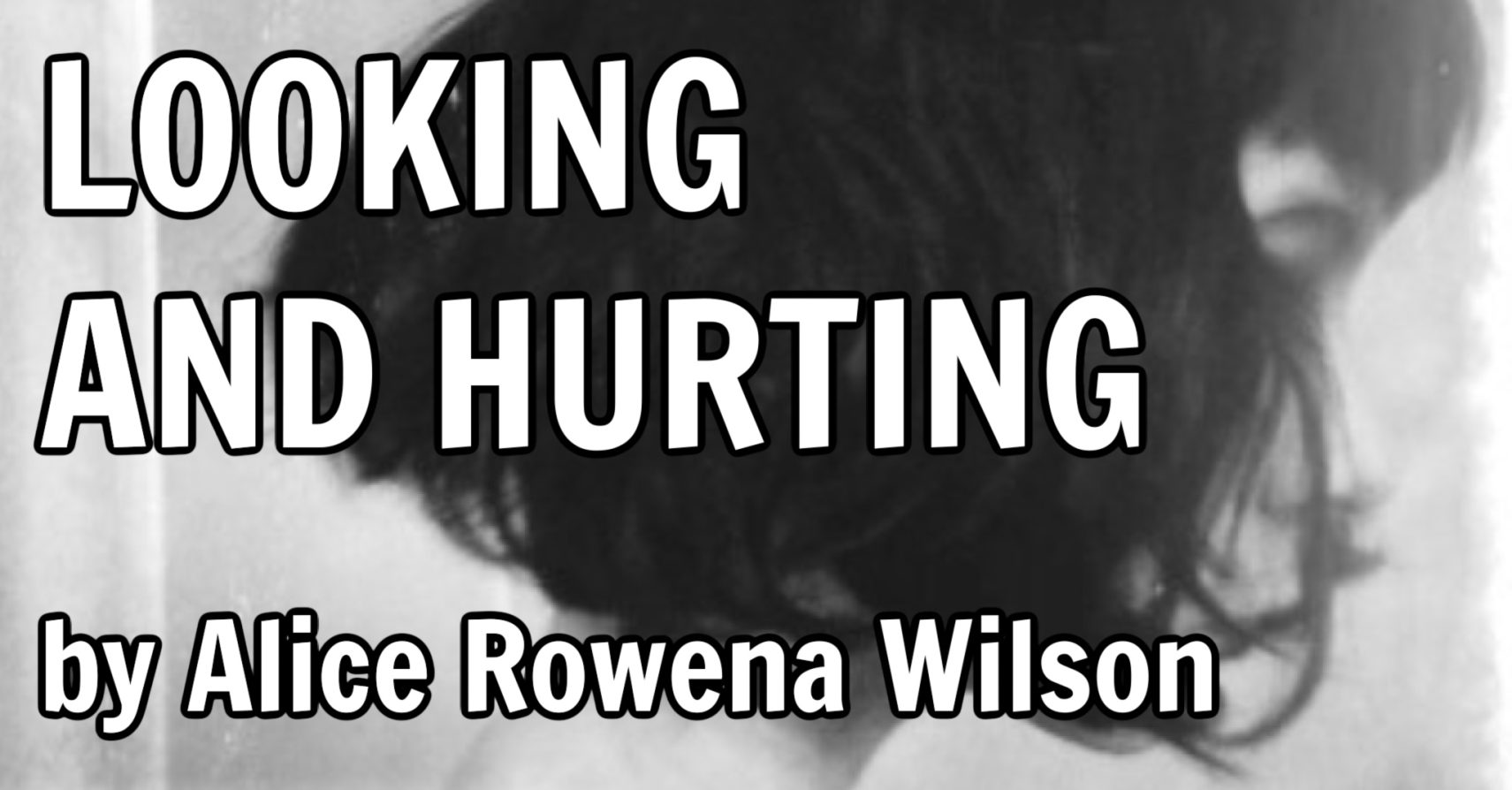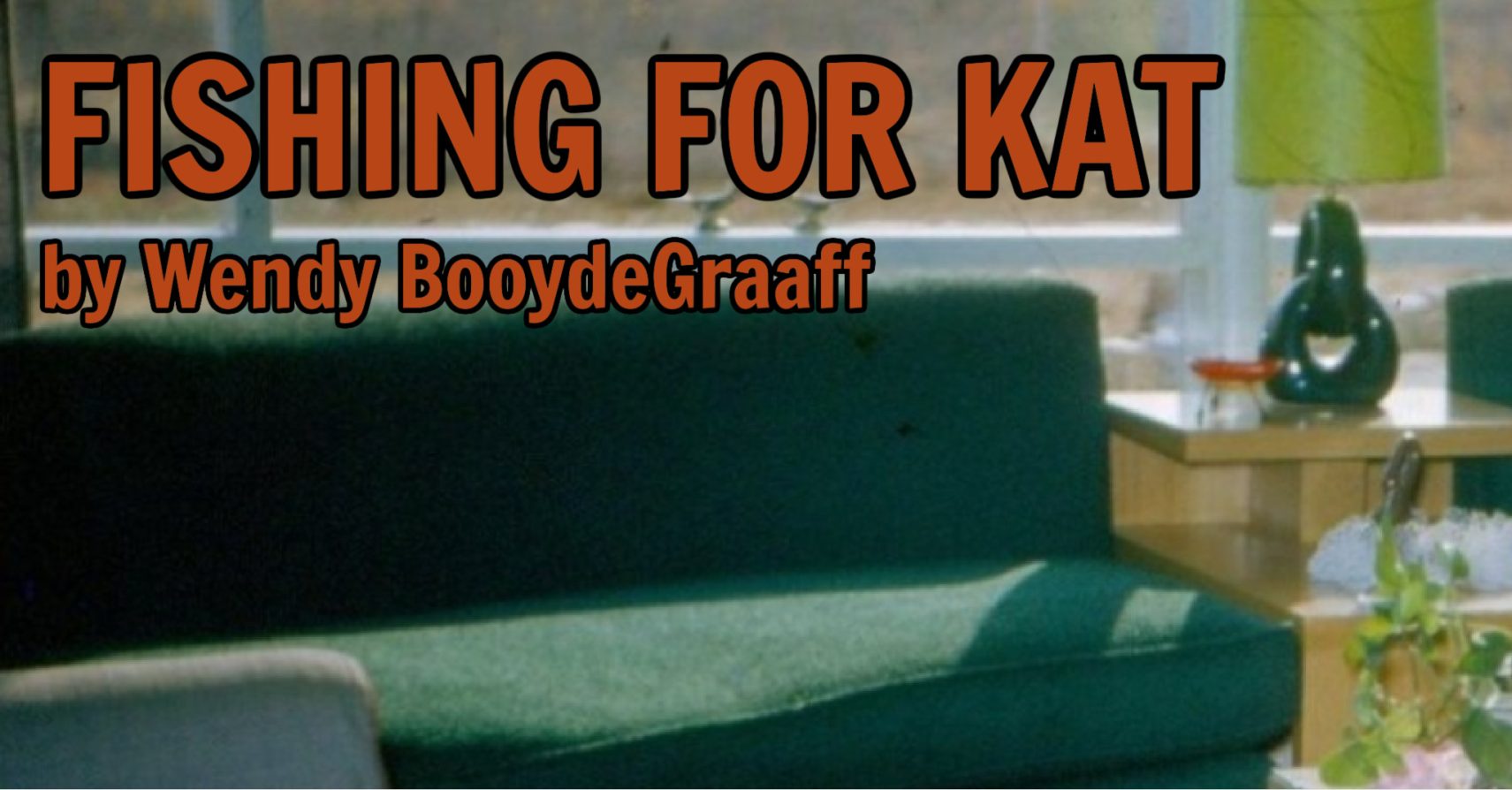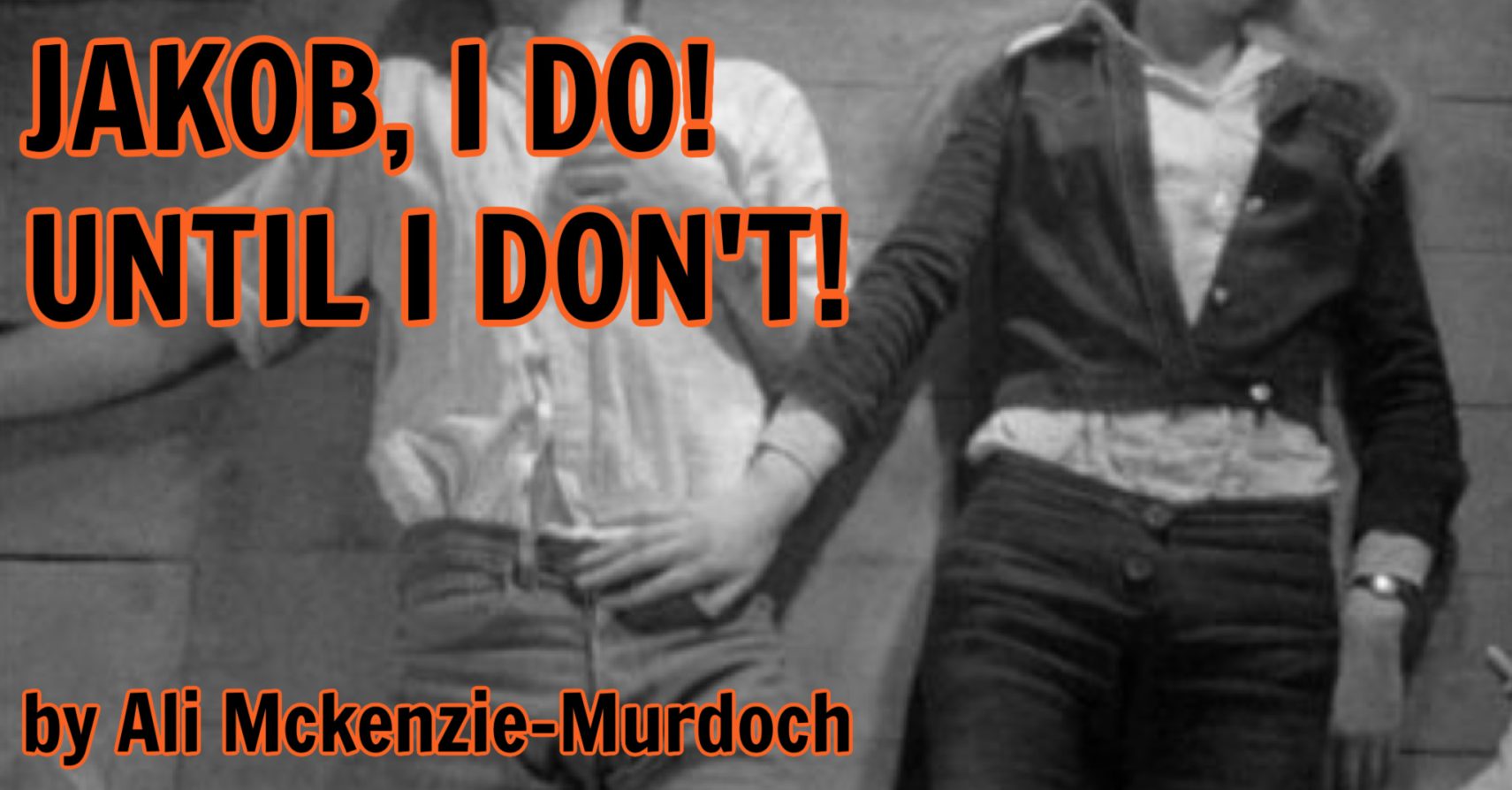
SLUMBER PARTY AT THE END OF THE WORLD by Robert Helfst
We’re nearly there now – lids grow heavy as the sun sets on our species. It’s bittersweet, sleep’s surrender, a warm blanket wrapping around our aching bodies. It’s better this way, a relief to embrace our conclusion without a coda, to no longer carry on. In the end it wasn’t cancer or rising oceans or mass extinctions or other self-inflicted harms but a deep fatigue that hollowed us until there was nothing left to do but rest, finally, now and forever. One last shared sigh, releasing the weight of our communal sins, and then the comfort of an unending slumber.



